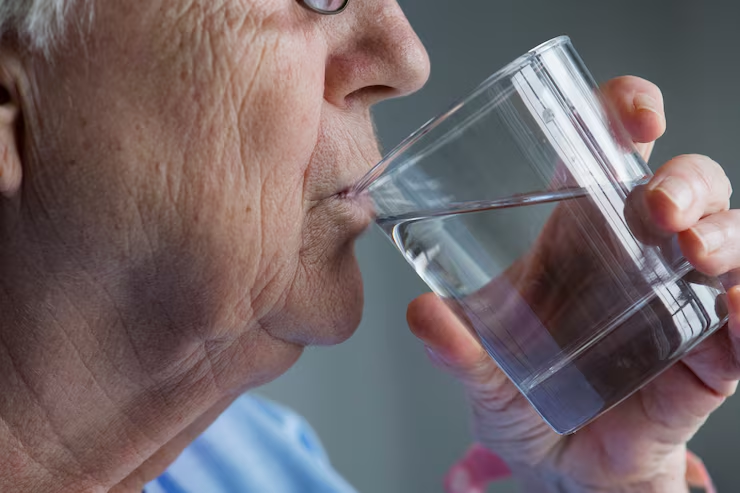The Importance of Staying Hydrated as You Age

Photo source: Freepik
We all know water is essential, but as we get older, it becomes even more important, and sometimes a bit trickier, to stay properly hydrated. Many people find that they simply don’t feel as thirsty as they used to, yet the body still needs plenty of fluids to stay healthy and energized.
Hydration plays a key role in almost every function of the body. It keeps joints cushioned, supports digestion, regulates temperature, and helps transport nutrients.
When you’re even slightly dehydrated, you might feel tired, dizzy, or have trouble concentrating. Over time, dehydration can also affect kidney health and increase the risk of urinary tract infections—something that’s best avoided at any age.
The good news is, staying hydrated doesn’t mean forcing yourself to drink endless glasses of plain water. Soups, herbal teas, milk, and even juicy fruits like watermelon and oranges all count toward your daily fluid intake. You can also try carrying a reusable water bottle as a reminder, or set small drinking goals throughout the day, like a glass of water with every meal.
If you take medications that affect fluid balance, talk with your doctor about how much water you should be drinking. It’s all about finding what works best for your body and routine.
Staying hydrated might seem simple, but it’s one of the easiest ways to support your overall wellbeing. A well-hydrated body helps you stay active, alert, and comfortable, so you can keep enjoying the things you love every day.














